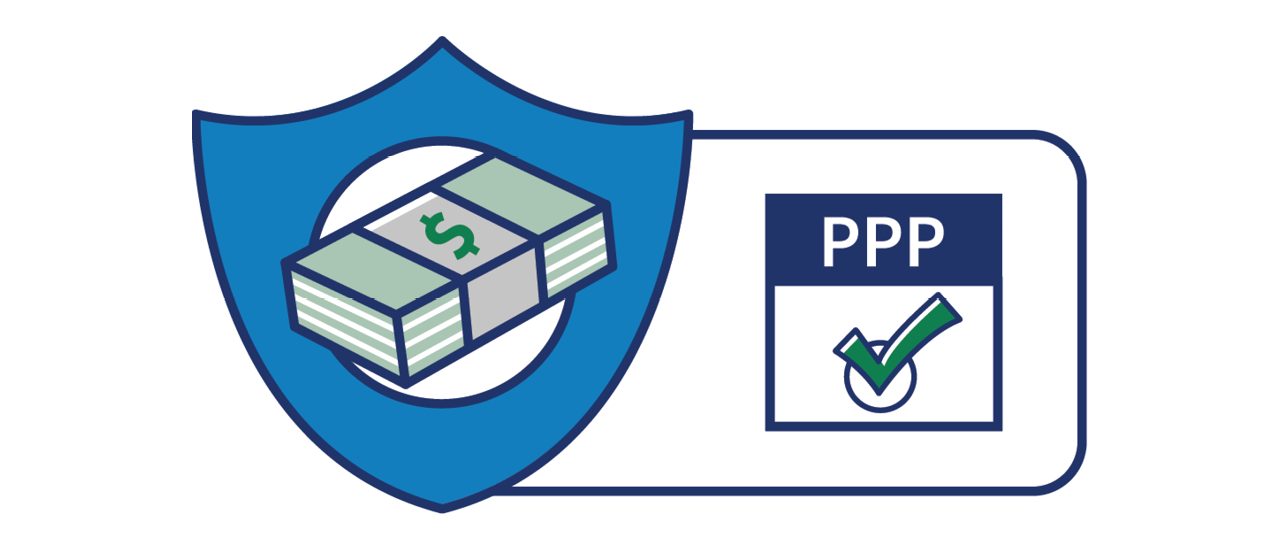Feds Clarify Tax Treatment of Non-Forgiven PPP Loans

The federal government has issued guidance clarifying the tax treatment of expenses when a company’s Payroll Protection Program loan is not forgiven by the end of the year.
“Since businesses are not taxed on the proceeds of a forgiven PPP Loan, the expenses are not deductible,” the IRS and the Treasury Department said Nov. 18.
“This results in neither a tax benefit nor tax harm since the taxpayer has not paid anything out of pocket.”
Expenses are not deductible for a company that reasonably believes its PPP loan will be forgiven in the future, whether the company has filed for forgiveness or not.
That is why the agencies are encouraging businesses to file for forgiveness as soon as possible.
In cases where a company expects its PPP loan to be forgiven but it is not, the business will be able to deduct those expenses, the agencies said.
Previous Guidance
The IRS previously issued guidance that expenses related to forgivable PPP loans are not tax deductible.
Last month, the Treasury Department and the U.S. Small Business Administration, which managed the PPP loan program, announced a streamlined forgiveness process for loans of $50,000 or less.
This does mean some businesses may have higher taxable revenue due to not being able to write off as many expenses.
As the U.S. Chamber of Commerce notes, a business cannot write off payroll, rent, and utilities as business expenses if a PPP loan was used to pay them.
“A forgiven PPP loan is effectively an untaxed grant and, as such, the IRS wants to prevent employers from receiving a ‘double tax benefit,’” the Chamber said in a post on the tax implications of PPP loans.
“This does mean that some businesses may have higher taxable revenue in 2020 due to not being able to write off as many expenses.”
Requirements
For a PPP loan to be forgiven, at least 60% must be spent on employee payroll costs.
The remaining 40% can be used on mortgage interest, rent, and utilities.
An employer who receives a loan must continue paying employees at normal levels for 24 weeks after the origination of the loan.
In Connecticut, more than 63,000 businesses received PPP loans totaling more than $6.6 billion, according to the SBA.
Nationwide, the SBA issued $525 billion in loans to over 5.2 million businesses.
RELATED
EXPLORE BY CATEGORY
Stay Connected with CBIA News Digests
The latest news and information delivered directly to your inbox.


